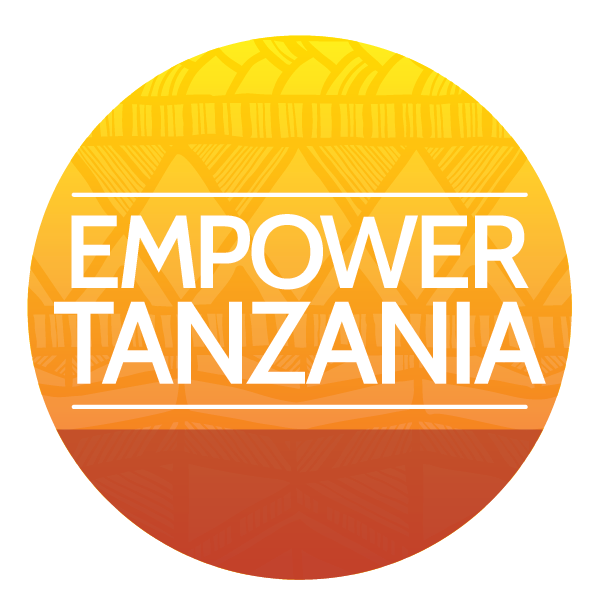Community-Hospital Alliance Program
At Empower Tanzania we believe that education changes everything. We also have a mission to serve the most vulnerable populations in Tanzania, the people in the extreme rural areas. Nowhere do these two beliefs come together more than in our newest health program, CHAP. The Community-Hospital Alliance Program, or CHAP, is a joint effort between Empower Tanzania and Global Health Administration Partners, a program of non-profit Global Health Ministries, that works to enhance administrative practices in medical facilities in Tanzania and elsewhere. The vision of this project is to address a key problem in the Maasai communities of Tanzania: they have a difficult time accessing the health care system because they often live many miles from a health care facility, and have no transportation other than their feet. A seriously ill person simply cannot walk 10 miles in the desert bush land to reach a doctor.
After many months of planning, we are excited to announce that the Community-Hospital Alliance Program (CHAP) is underway! Thirty Maasai women from 21 villages recently participated in a 15-day training program that will result in their becoming Community Health Workers. They will each go back home now, and provide basic health care and health education to their villages. This innovative program will serve 21 remote Maasai communities, which have been largely cut off from any health services. Nivo Kissenge RN and Judith Gau, RN were the faculty for this training. They have been supported by two Des Moines University medical students, members of the Empower Tanzania staff and Dr. Jeff Carithers. The interactive training program also has practical training on use of blood pressure cuffs, thermometers and collecting data on vital signs.
The program staff established criteria for these trainees:
>They must be women
>They should be married
>The are required to be literate in Swahili, in addition to their tribal Maasai language
>They must be able to travel through their villages to provide care, education, and referrals to the partner hospitals as needed
“We chose married women because they will be dealing with many women’s health issues and Maasai culture prohibits men from dealing with these problems. Married women are preferred because they will stay in the village while unmarried ones will get married and leave for their husband’s village. Many of the training materials are in Swahili and they must be able to read them and describe their progress monthly,” said Dr. Jeff Carithers, Program Director.
“These are very good students,” said Eli Kisimbo Empower Tanzania’s Director of Development. “But we did get a surprise when many of them brought their babies along, as well as a person to watch over the children. Training went smoothly even though sometimes the children were crying or running around. This is a very innovative project and will have a major impact on the health of the Maasai communities.”
